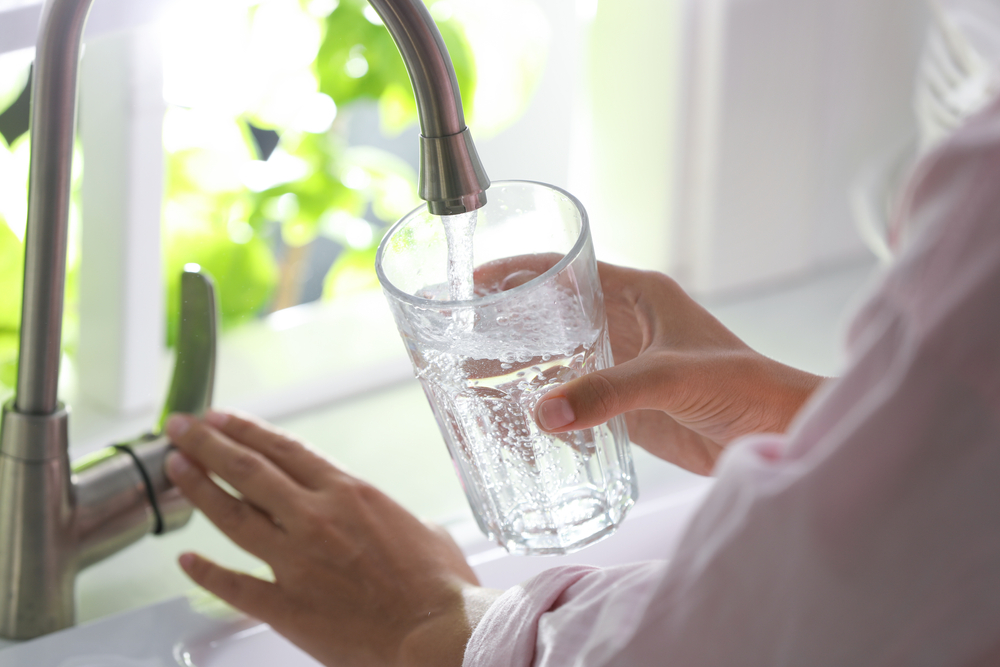Electrolyte drinks are everywhere—from gym bags to social media feeds.
Others are reading now
If you’ve spent any time scrolling through fitness accounts or listening to wellness podcasts lately, chances are you’ve come across glowing endorsements for hydration supplements.
With names like Liquid I.V., Nuun, and AG1 by Athletic Greens, these products promise more than just water—they boast a mix of electrolytes aimed at optimizing performance, recovery, and overall well-being.
But do you really need one to stay hydrated?
What Exactly are Hydration Supplements?
Hydration supplements are typically powders, tablets, or ready-to-drink solutions that contain electrolytes—minerals like sodium, potassium, calcium, and magnesium.
Also read
These are essential for maintaining your body’s fluid balance, nerve function, and muscle performance.
Electrolytes are naturally lost through sweating, illness, or alcohol consumption, and the supplements are designed to replenish them.
That’s why they’re popular with athletes, people recovering from illness, or anyone who feels run-down after a long, hot day.
This was reported by EatingWell.
Is Water Alone Enough?
For most people, yes. Drinking about 8 cups (2 liters) of water per day—some of which can come from food and other drinks—is generally sufficient.
If you eat a balanced diet rich in fruits and vegetables, you’re likely already getting the electrolytes your body needs.
Hydration supplements become useful when electrolyte loss is elevated, such as:
- Intense or prolonged exercise
- Vomiting or diarrhea
- Hot, humid conditions
- Heavy alcohol intake
In these cases, plain water might not be enough to restore balance.
Signs You’re Dehydrated
Hydration isn’t just about thirst. Symptoms of dehydration can include:
- Fatigue or sluggishness
- Headaches
- Muscle cramps
- Dry skin or lips
- Difficulty concentrating
In more severe cases, it can affect heart function, cognitive clarity, and even oral health. Staying ahead of dehydration—especially during physical activity or illness—is key.
How to Stay Hydrated Without Supplements
You can meet your hydration and electrolyte needs without reaching for a packet or bottle. Here’s how:
- Eat hydrating foods: Think watermelon, cucumbers, oranges, yogurt.
- Drink fluids throughout the day, not just when you feel thirsty.
- Replenish after sweating or illness with salty snacks, bananas (potassium), and leafy greens.
- Limit alcohol, which depletes hydration and essential nutrients.
Not for everyone. But for those with higher-than-average fluid loss or needs, hydration supplements can serve a purpose.
They’re helpful tools—not daily essentials—for most people.


